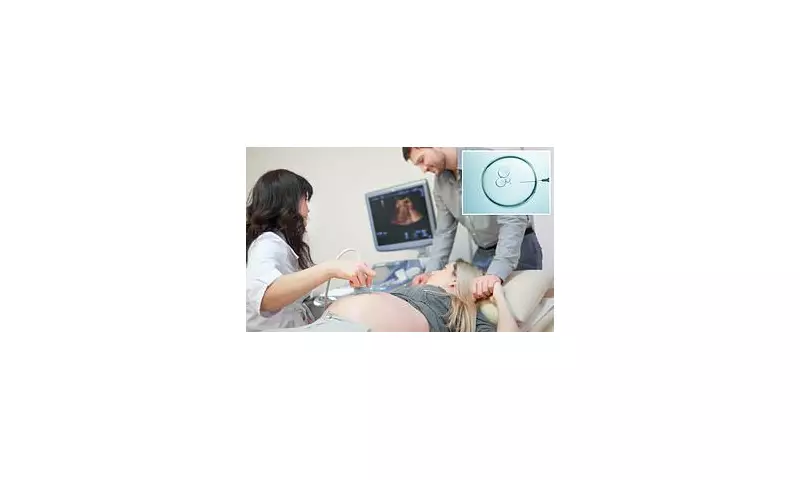
A groundbreaking development in fertility treatment is offering renewed hope to women who have faced the heartbreak of multiple failed IVF cycles. A sophisticated genetic screening technique is revolutionising the way embryos are selected for implantation, significantly boosting the chances of a successful pregnancy.
The Science Behind the Success
The technique, known as preimplantation genetic testing for aneuploidy (PGT-A), involves meticulously analysing embryos created through IVF for chromosomal abnormalities. These abnormalities are a primary reason embryos fail to implant or result in miscarriage. By identifying and transferring only chromosomally normal embryos, clinicians can dramatically improve outcomes.
Transformative Results for Patients
This isn't just a minor improvement; the results are transformative. For women who have endured the emotional and physical toll of several unsuccessful IVF attempts, this technology can be the difference between continued disappointment and a long-awaited positive pregnancy test. The precision of PGT-A reduces the often agonising 'trial and error' approach, providing a more targeted and effective path to conception.
Who Stands to Benefit Most?
While IVF advancements benefit many, this specific genetic testing is particularly impactful for:
- Women of advanced maternal age
- Couples with a history of recurrent pregnancy loss
- Those who have experienced multiple failed IVF cycles
- Patients seeking to reduce the time and emotional cost of fertility treatment
A New Era in Fertility Treatment
The integration of advanced genetic screening into standard IVF practice marks a significant leap forward in reproductive medicine. It empowers clinicians and patients with critical information, enabling smarter, more informed decisions. This technology is reshaping the fertility landscape, turning what was once a daunting numbers game into a more precise scientific process filled with greater promise.
As this technology becomes more refined and accessible, it promises to redefine the journey to parenthood for countless individuals and families across the UK and beyond.





